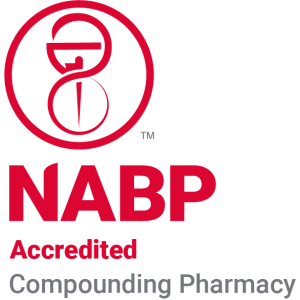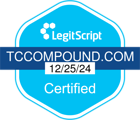-
- Prescription services
- Consultations
- Patient Resources
-
-
- Hormone & Wellness
- Pain & Neurological
- Specialized Treatments
- Professional Services
-
- Shop Collections
- Shop by Health Goal
- Shop by Brand
Item added to your cart













